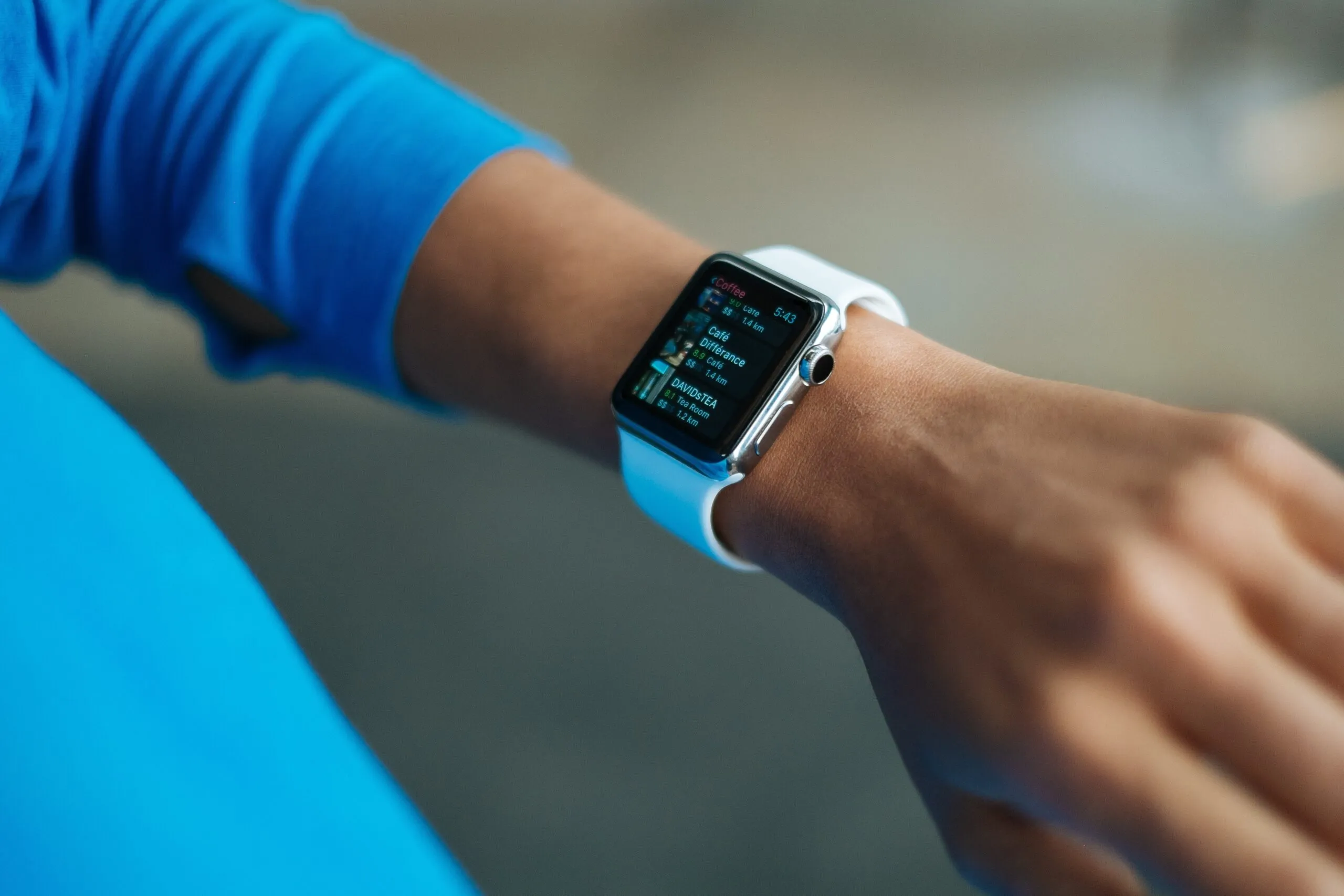Wearable health technology has revolutionized the way we monitor, track, and optimize our health and well-being, empowering individuals to take a proactive approach to their health and make informed lifestyle choices. From fitness trackers and smartwatches to health monitoring devices and wearable sensors, wearable health technology offers a wealth of features and functionalities designed to support various aspects of health, fitness, and wellness. In this comprehensive guide, we explore the benefits of wearable health technology, highlight key features and innovations, and demonstrate how these devices can help individuals achieve optimal wellness and vitality.
Understanding Wearable Health Technology
Wearable health technology encompasses a diverse range of devices and gadgets that are worn on the body and designed to monitor, track, and analyze various health and fitness metrics in real-time. These devices utilize sensors, accelerometers, gyroscopes, and other advanced technologies to collect data on physical activity, sleep patterns, heart rate, blood pressure, and other vital signs, providing users with insights into their health status and behaviors.
Key Features and Innovations
1. Activity Tracking
Wearable health technology provides comprehensive activity tracking capabilities, allowing users to monitor their daily steps, distance traveled, calories burned, and active minutes. Activity trackers use built-in sensors to detect movement and track physical activity levels throughout the day, motivating users to stay active, set goals, and achieve milestones for improved fitness and overall health.
2. Heart Rate Monitoring
Many wearable health devices feature built-in heart rate monitors that continuously track heart rate variability (HRV) and provide insights into cardiovascular health and fitness levels. By monitoring heart rate during rest, exercise, and recovery, users can optimize their workouts, improve aerobic capacity, and identify signs of stress or fatigue that may impact overall health and well-being.
3. Sleep Tracking
Wearable health technology offers advanced sleep tracking features that monitor sleep duration, quality, and patterns, providing users with insights into their sleep habits and overall sleep health. Sleep trackers analyze movement, heart rate, and breathing patterns during sleep to assess sleep stages, detect disruptions, and offer personalized recommendations for improving sleep quality and optimizing restorative sleep.
Benefits of Wearable Health Technology
1. Improved Awareness and Accountability
Wearable health technology increases awareness of health behaviors and promotes accountability by providing real-time feedback and insights into physical activity, sleep patterns, and other health metrics. By tracking progress, setting goals, and monitoring trends over time, users can identify areas for improvement, make informed lifestyle choices, and take proactive steps to optimize their health and well-being.
2. Enhanced Motivation and Engagement
Wearable health devices motivate and engage users by setting challenges, rewarding achievements, and providing personalized recommendations for improving health and fitness outcomes. By gamifying health behaviors and fostering a sense of competition and community, wearable health technology inspires users to stay active, adopt healthy habits, and achieve their wellness goals with enthusiasm and consistency.
3. Early Detection and Prevention
Wearable health technology facilitates early detection of health issues and enables proactive intervention to prevent complications and promote optimal health outcomes. By continuously monitoring vital signs, detecting deviations from baseline, and providing alerts for potential health risks, wearable devices empower users to take timely action, seek medical attention when necessary, and prevent the onset of chronic conditions or health emergencies.
Applications of Wearable Health Technology
1. Fitness and Exercise
Wearable health technology supports fitness and exercise goals by providing real-time feedback on physical activity, exercise intensity, and workout performance. Whether you’re running, cycling, or practicing yoga, wearable fitness trackers help you track progress, set goals, and optimize your workouts for improved fitness and athletic performance.
2. Chronic Disease Management
Wearable health devices assist individuals with chronic diseases, such as diabetes, hypertension, and heart disease, in managing their condition and monitoring key health indicators. By tracking blood glucose levels, blood pressure, and other vital signs, wearable devices help individuals monitor their health status, adhere to treatment plans, and make lifestyle modifications to prevent complications and improve overall health outcomes.
3. Stress Management and Well-Being
Wearable health technology supports stress management and emotional well-being by monitoring stress levels, heart rate variability, and other physiological markers associated with stress and relaxation. By providing insights into stress patterns and triggers, wearable devices help users practice mindfulness, relaxation techniques, and stress-reduction strategies to promote mental and emotional balance and improve overall well-being.
Conclusion
In conclusion, wearable health technology offers a powerful tool for optimizing health and wellness by providing real-time insights, motivation, and support for healthy behaviors and lifestyle choices. Whether you’re looking to improve fitness, manage chronic conditions, or enhance overall well-being, wearable health devices empower you to take control of your health journey, make informed decisions, and achieve optimal wellness and vitality with confidence and convenience.





